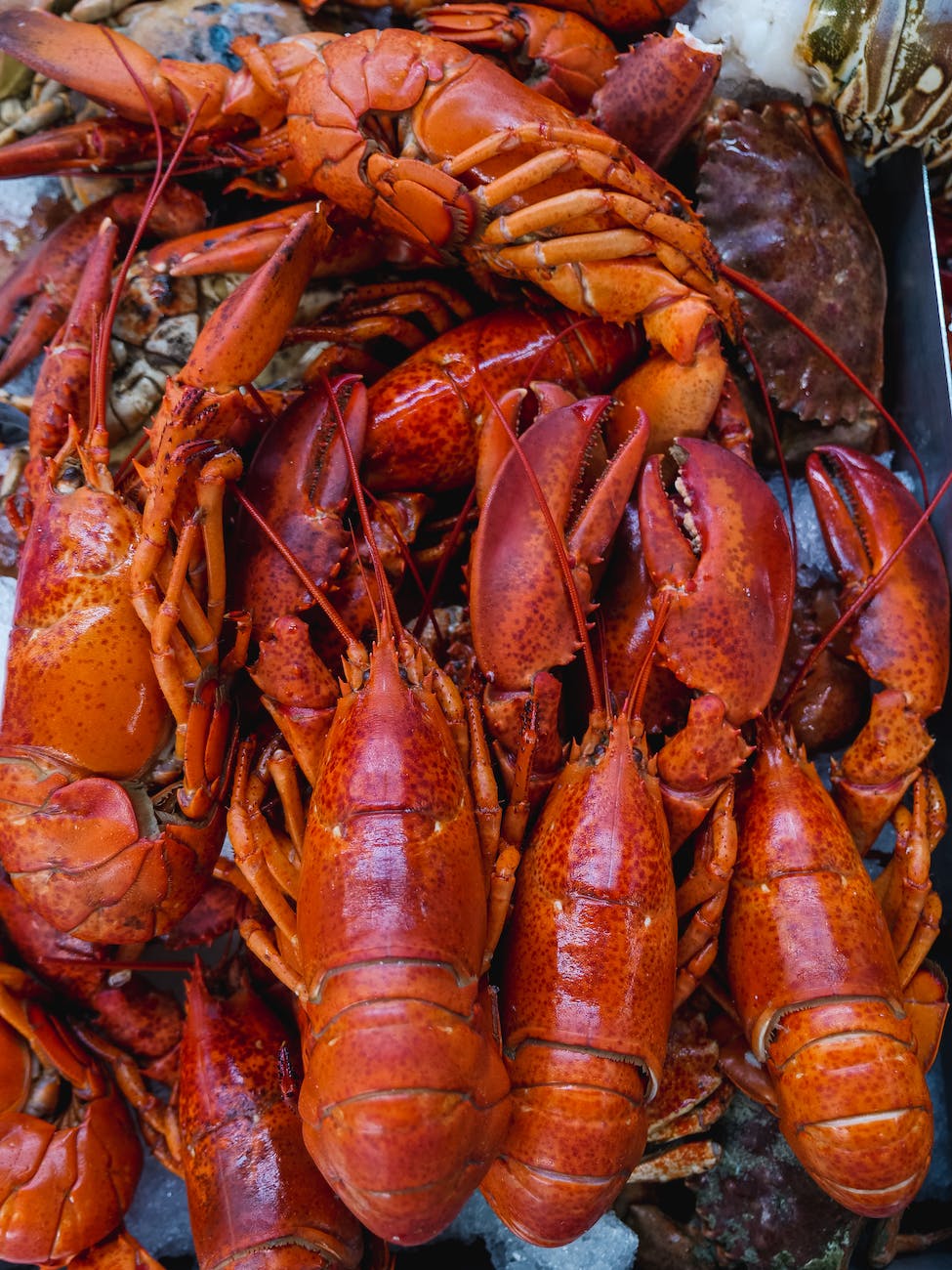
Lobster, often reserved for special occasions and gourmet dinners, is a culinary delight that tantalizes many taste buds. But when the joy of pregnancy enters the picture, many women find themselves questioning the safety of their favorite foods, including lobster. Let’s delve deeper into the world of lobster during pregnancy, addressing its nutritional benefits, potential concerns, and best practices for consumption.
The Nutritional Profile of Lobster
Lobster isn’t just about its rich flavor; it’s a powerhouse of essential nutrients that can be beneficial during pregnancy:
- Protein: Essential for the growth of fetal tissues, protein is a crucial nutrient during pregnancy. Lobster provides a high-quality source of protein that supports the development of your baby.
- Vitamins and Minerals: Lobster is rich in Vitamin B12, which aids in nerve function and the formation of red blood cells. It’s also a good source of zinc, vital for DNA synthesis and cell growth, and selenium, an antioxidant that protects cells from damage.
- Omega-3 Fatty Acids: While not as abundant as in fatty fish like salmon, lobster still offers a dose of omega-3s. These fatty acids are known to support fetal brain and eye development.
Potential Concerns with Lobster Consumption
When it comes to seafood, two primary concerns arise during pregnancy: mercury content and the risk of foodborne illnesses.
- Mercury Levels: Mercury can have adverse effects on the nervous system of a developing fetus. Fortunately, lobster is categorized as a low-mercury seafood, making it a safer choice during pregnancy compared to high-mercury fish like shark or swordfish.
- Bacterial Contamination: All seafood, including lobster, must be cooked to a safe internal temperature to eliminate any harmful bacteria or parasites. Raw or undercooked lobster poses a risk of foodborne illnesses, which can have more severe implications during pregnancy.
Best Practices for Consuming Lobster
- Thorough Cooking: Ensure that the lobster is cooked to an internal temperature of at least 145°F (63°C). The flesh should be opaque, and the shell should turn bright red.
- Avoid Raw Preparations: Steer clear of dishes that use raw or partially cooked lobster, such as some sushi rolls or ceviche.
- Freshness Matters: Always source fresh lobster. If it smells overly fishy or off, it’s best to avoid it.
- Moderation is Key: While lobster is low in mercury, it’s still wise to consume it in moderation. Aim for 1-2 servings a week.
Frequently Asked Questions (FAQs)
Q: Can I eat lobster bisque during pregnancy?
A: Yes, as long as it’s made with thoroughly cooked lobster and pasteurized dairy products.
Q: Is it safe to eat lobster from a buffet while pregnant?
A: It’s essential to ensure the lobster has been kept at a safe temperature and hasn’t been sitting out for extended periods. When in doubt, it’s best to avoid.
Q: Are there any specific lobster parts I should avoid?
A: Some people believe that lobster roe (eggs) should be avoided during pregnancy due to potential bacteria. If you choose to eat it, ensure it’s thoroughly cooked.
Q: How can I ensure the lobster I’m buying is fresh?
A: Look for clear, bright eyes, a fresh sea scent (not overly fishy), and responsive movement in live lobsters.
Wrapping Up
Navigating dietary choices during pregnancy can be a maze of information and recommendations. Lobster, with its array of nutrients, can be a valuable addition to a pregnancy diet when consumed wisely. By understanding its benefits, being aware of potential concerns, and following best practices, you can enjoy this delicacy while ensuring the utmost safety for you and your baby.









